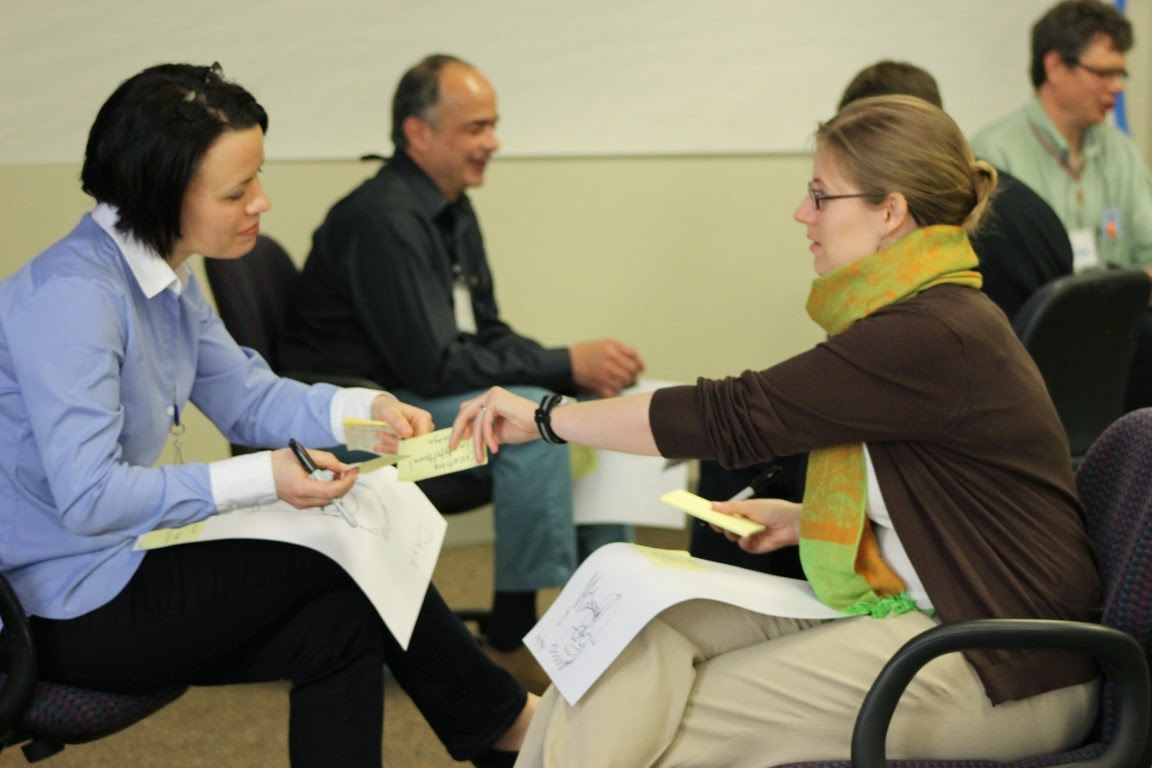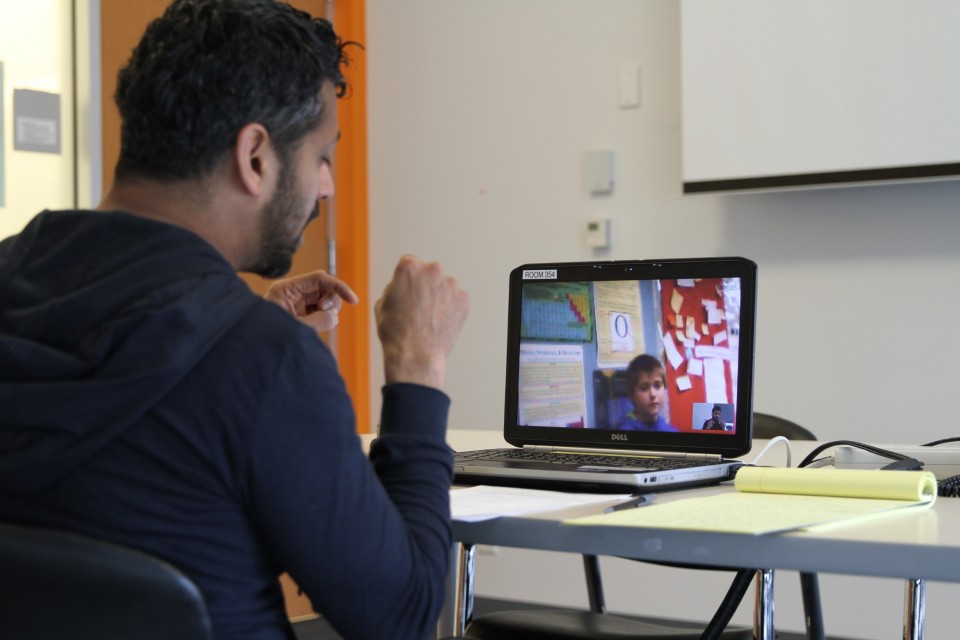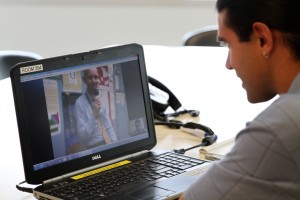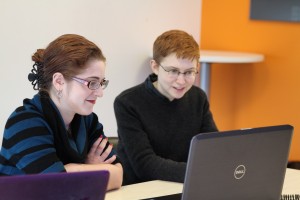ISB Impacts Education System Nationally and Locally
 isbscience.org/news/2014/04/29/isb-impacts-education-system-nationally-and-locally/
isbscience.org/news/2014/04/29/isb-impacts-education-system-nationally-and-locally/
National: At the beginning of April, Dana Riley Black, ISB’s Director of Education, was invited to participate in one of three Ideas Labs hosted by the National Science Foundation in Washington D.C. The weeklong lab was related to the new NSF program “Improving Undergraduate STEM Education” (IUSE) and was focused on discussing ideas for integrating quantitative literacy into undergraduate biology education. The reason for this particular topic is that while the practice of biology has shifted to include the use of “big data” – requiring quantitative literacy – very little has changed in biology education. The NSF would like undergraduate biology education to better prepare students for real-world biology.
Among the 25 participants, who came from across the country and represented institutions of higher education, Dana was the only one whose expertise was in education and who came from a research organization. She shared ISB’s long-held philosophy about addressing the challenge from a systems approach by developing a program that works with higher-ed institutions and their surrounding communities and stakeholders to devise systemic plans for changing biology education. While this has been ISB’s approach all along and we’ve had great success in implementing changes for grades K-12, it was a novel concept to other attendees. “We were commended for thinking big and outside the box, and we were encouraged to submit a planning proposal to NSF,” Dana said.

ISB Director Dr. Nitin Baliga Skypes with 7th grade science students from View Ridge Middle School.
Local: Recently, several members of the Baliga lab Skyped with three 7th-grade science classes at View Ridge Middle School (Ridgefield, WA) and answered questions such as “What is your brain made of?” and “What is the promise of stem cells?” and “Why doesn’t your body use everything that you eat?” Science teacher Matt Whitton reached out to Nitin Baliga, ISB Director and SVP, proposing a Skype Q&A between his students and ISB scientists. We were happy to oblige.

Nic Pinel Skypes with View Ridge Middle School science teacher Matt Whitton

ISB Baliga lab members Melissa Steele-Ogus and Elisabeth Wurtmann Skype with 7th grade science students from View Ridge Middle School.






